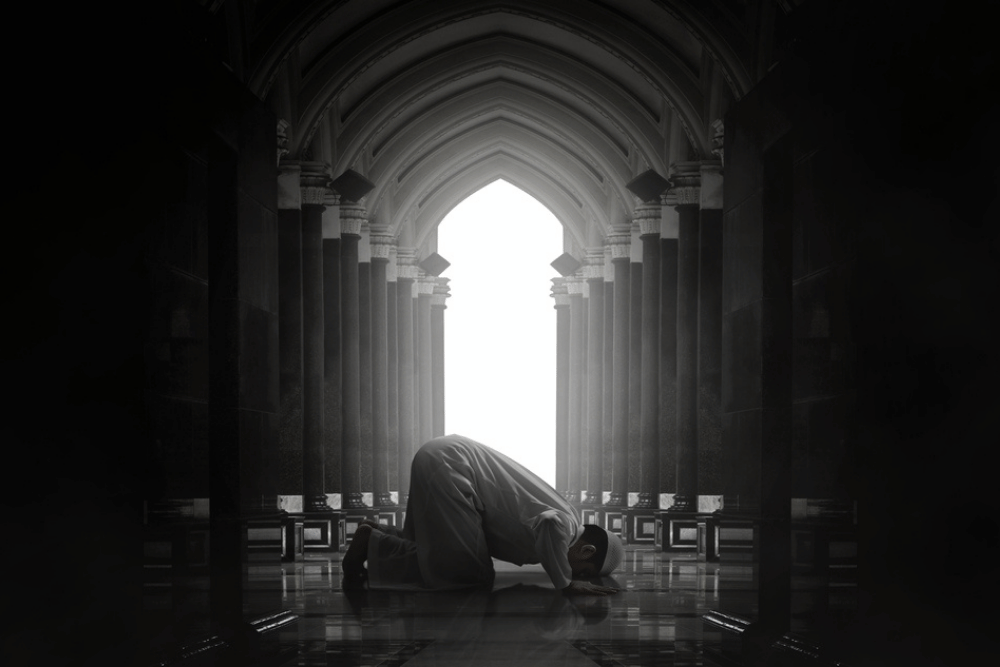Introduction
Tests and Trials: A Qur’anic Perspective
And We will surely test you with something of fear and hunger and a loss of wealth and lives and fruits, but give good tidings to the patient.
(Surah Al-Baqarah, Ayah 155)
Or think you that you will enter Paradise without such (trials) as came to those who passed away before you? They were afflicted with severe poverty and ailments and were so shaken that even the Messenger and those who believed along with him said, “When (will come) the Help of Allah?” Yes! Certainly, the Help of Allah is near!.
(Surah Al-Baqarah 2:214)
Indeed, the help of Allah سبحانه و تعالى is near. (Surah Al-Baqarah 2:214)
The Year of Sorrow: The Prophet’s Example of Resilience
The Journey to Taif: Patience and Positivity in Action
“Oh Allah, I complain to You alone that I am weak, that I do not have any resources and that I do not hold any significance in the eyes of the people. O, Most Merciful of all those who show mercy, You are the Rabb (Lord) of the weak, and You are my own Rabb (Lord). To whom are You to going to entrust me? To a stranger who would look at me harshly or to an enemy, to whom You have given control over my affairs. If You are not angry with me, then I do not care for anything except that I should enjoy Your protection. I seek shelter in Your light (noor), which removes all sorts of darknesses and controls the affairs of this world and the hereafter. May it never be that you become angry with me or you are displeased with me. I must please you until You are happy with me. There is neither strength (to refrain from evil) nor any power (to do any good) except with You.” (Ar-Raheeq-Al-Makhtum)
Lessons from the Prophet’s Conduct
Indeed, in the Messenger of Allah you have an excellent example for whoever has hope in Allah and the Last Day, and remembers Allah often.
(Surah Al-Ahzab, Ayah 21)
Perhaps you dislike something which is good for you and like something which is bad for you. Allah knows and you do not know.
(Surah Al-Baqarah, Ayah 216)
Scholarly Wisdom on Embracing Hardships
Hadith Teachings: Positivity in All Circumstances
Strange are the ways of a believer for there is good in every affair of his and this is not the case with anyone else except in the case of a believer for if he has an occasion to feel delight, he thanks (God), thus there is a good for him in it, and if he gets into trouble and shows resignation (and endures it patiently), there is a good for him in it.
(Saheeh al Muslim, Hadith 2999)
Allah says: ‘I am just as My slave thinks I am, (i.e. I am able to do for him what he thinks I can do for him) and I am with him if He remembers Me. If he remembers Me in himself, I too, remember him in Myself; and if he remembers Me in a group of people, I remember him in a group that is better than they; and if he comes one span nearer to Me, I go one cubit nearer to him; and if he comes one cubit nearer to Me, I go a distance of two outstretched arms nearer to him; and if he comes to Me walking, I go to him running.
(Saheeh Al-Bukhari, Hadith 7405)
Conclusion: A Mindset of Hope and Victory
Prophet ﷺ said:
Beware of suspicion, as suspicion is the falsest talk, and do not spy upon each other, and do not listen to the evil talk of the people about others’ affairs, and do not have enmity with one another, but be brothers.
(Saheeh al Bukhari, Hadith 5143)



